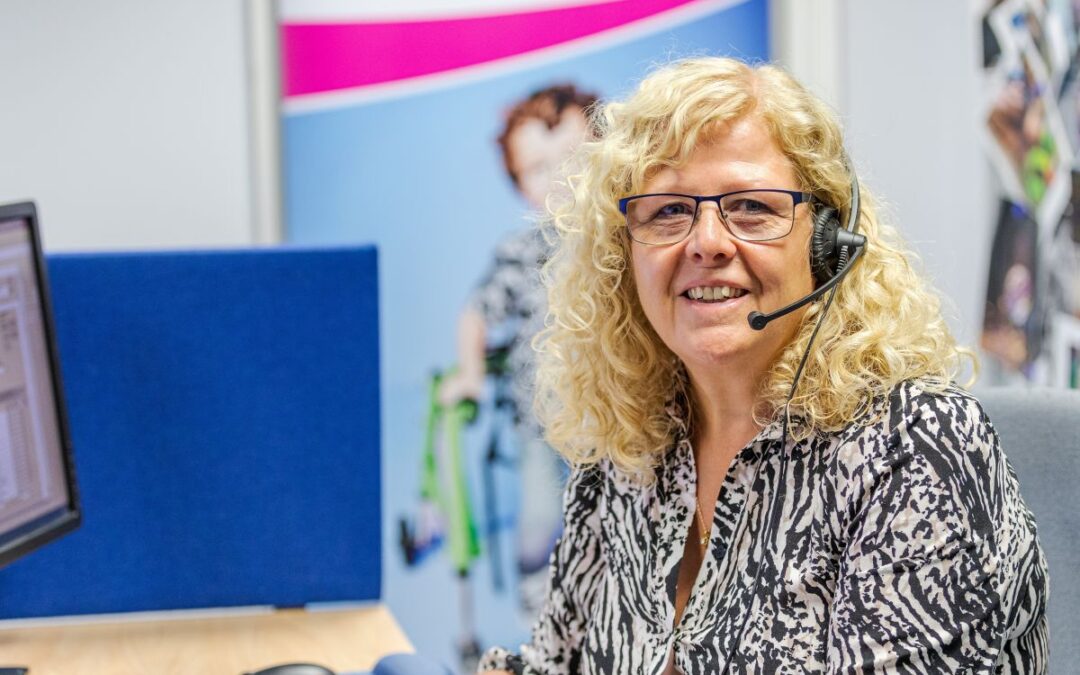
As the Autumn academic term starts lots of teens will be back in the swing of college or sixth form and trying to decide their next steps to achieve the future they want. Some may be considering university but fear it may be too difficult with their disability. However, there are lots of ways to enable them to attend so they can achieve the qualifications they want, whether this is though specialist equipment or extra assistance.
Extra financial help can support disabled students in a number of ways, such as a non-medical helper like a specialist note taker or British Sign Language interpreter. Government support for disabled students is through DSA (Disabled Students Allowance) which is specifically to help pay for things that you wouldn’t otherwise need if you were not attending the course. This is available from Student Finance England, Student Finance Northern Ireland, Student Finance Wales, or the Student Awards Agency Scotland, depending on where you normally live.
See more information about DSA here and for the eligibility criteria here. You can also visit to Complete University Guide for advice.
According to UCAS data for 2023 there were 103,000 accepted students with disabilities in UK universities, which is up 33.8% from 77,000 in 2022. The number of applicants with mental health conditions also increased 63.6% to 36,000 in 2023, compared to 22,000 the year before – and universities are more aware than ever that they need to have measures in place to support the needs of disabled students.
Each university will be able to support disabled students in a number of ways, and although an EHC plan automatically ends once a young person moves into higher education, universities have duties under the Equality Act 2010 to make reasonable adjustments for disabled students. This can include support such as flexible seminar times, support for study skills or access to specialist computer software.
Students (supported by parents) will need to research their chosen university campuses, after narrowing down the courses that appeal to them. Although you can attend their open days, these may be very busy, so you may feel more comfortable arranging to visit on another, quieter, day. While you are there check access to libraries, lecture halls and living accommodation, as well as how far away any other amenities are that you may need, such as train stations.
When visiting it’s a good idea to meet with the disability support officers as they will be able to explain more about any challenges you are worried about, such as access, and any options to cater to your specific needs. You can find the contact details for the student support teams on each university’s website – which may also be able to offer virtual tours. They may also be able to put you in touch with students with the same condition or similar needs to discuss university life at that particular campus.
For more advice you can visit the UCAS section for disabled students here. For specific issues visit the Disabled Students Helpline for further information about getting the help you need.
Students with mobility issues can also apply to Newlife for wheelchairs up to their 19th birthday. More information can be found here and the Nurse Helpline can be called to discuss specific needs on 0800 902 0095, Monday to Friday, 8am to 8pm.




